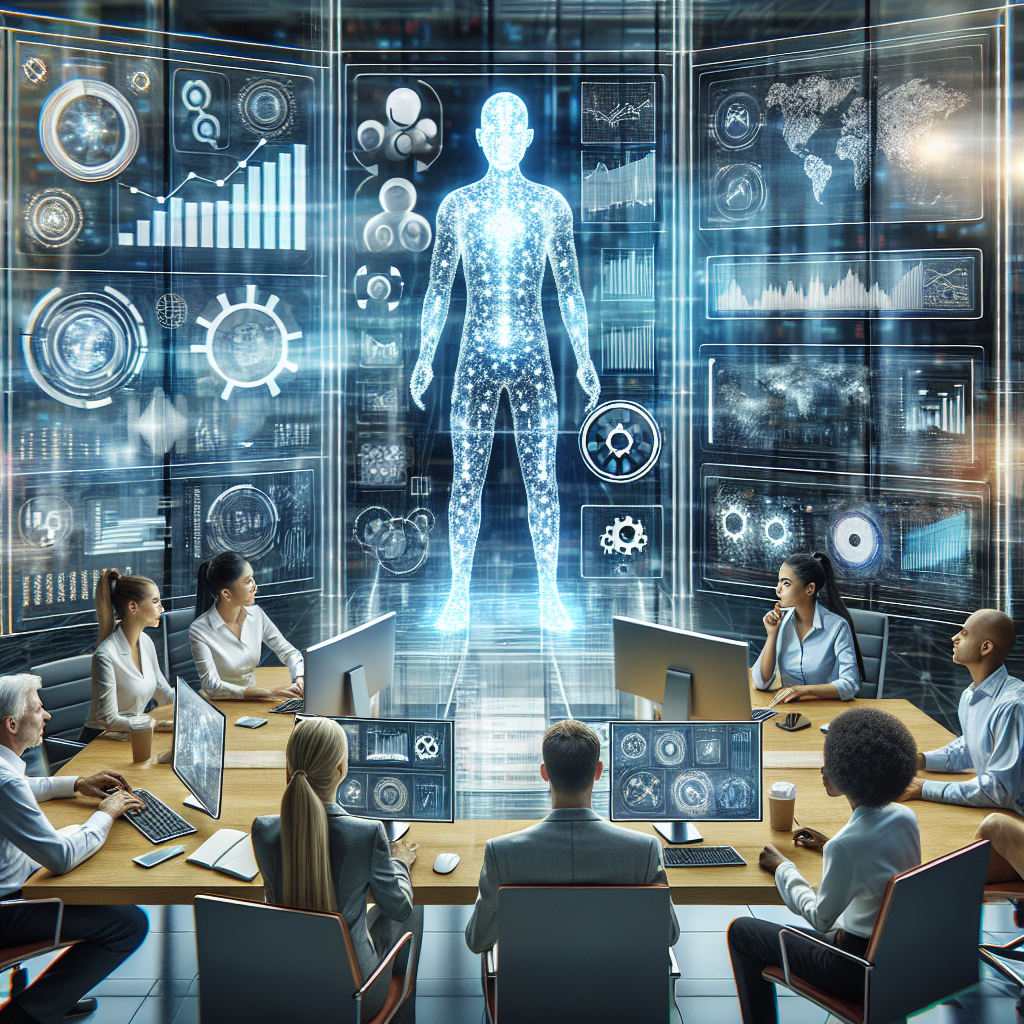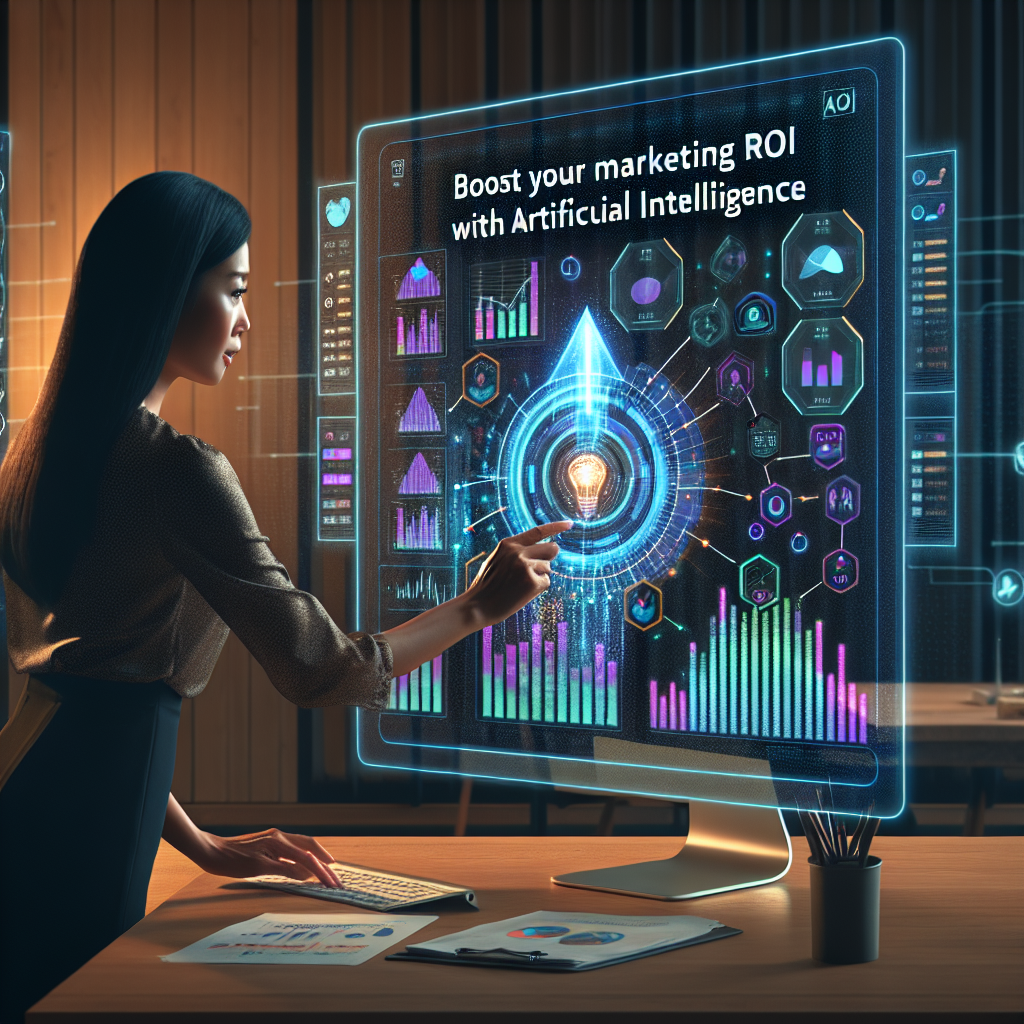One of the biggest concerns surrounding AI is the potential for job displacement. With robots and machines becoming increasingly capable of performing tasks that were once reserved for humans, many fear that a significant portion of the workforce could become obsolete. According to a report from McKinsey, up to 375 million workers worldwide may need to switch occupational categories by 2030 due to automation. This has raised questions about the need for new job training programs and policies to help workers transition to new roles.
Another concern is the potential for AI to exacerbate existing social inequalities. As AI becomes more integrated into society, there is a risk that it could unintentionally perpetuate biases in data and algorithms. For example, if AI systems are trained on biased data, they may inadvertently perpetuate discriminatory practices in areas such as hiring, lending, and criminal justice. This has led to calls for increased transparency and accountability in AI decision-making processes to ensure fairness and equity for all individuals.
Additionally, there are ethical concerns surrounding the use of AI in areas such as healthcare, surveillance, and warfare. For example, the use of AI in healthcare can raise questions about patient privacy and consent, while AI-powered surveillance systems can infringe on civil liberties and human rights. Moreover, the use of AI in autonomous weapons systems has sparked debates about the ethical implications of delegating life-and-death decisions to machines.
Despite these concerns, there are also many potential benefits to the rise of AI in society. AI has the potential to revolutionize industries such as healthcare, transportation, and finance, improving efficiency and productivity. For example, AI-enabled predictive analytics can help identify patterns and trends in large datasets, leading to faster and more accurate diagnoses in healthcare. Similarly, AI-powered transportation systems can reduce traffic congestion and emissions, leading to a cleaner and more sustainable future.
In conclusion, the rise of AI is poised to have a profound impact on society, with both potential benefits and challenges. As we continue to integrate AI into our daily lives, it is essential that we address the ethical, social, and economic implications of this technology to ensure that it benefits all members of society. By fostering collaboration and dialogue between stakeholders, we can harness the power of AI for positive change while mitigating its potential risks.
[ad_2]
[featured_image size=”large” class=”custom-class”]


